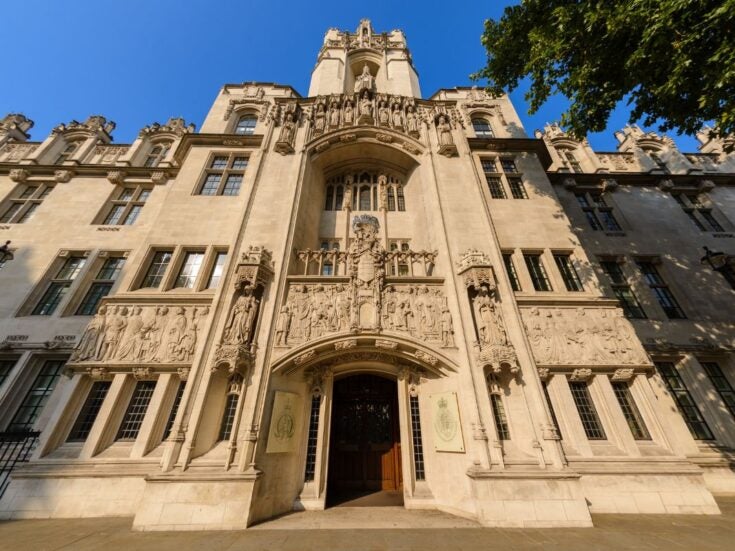The controversial ‘accelerated payment’ scheme would mean those who come under HMRC’s spotlight for engaging in tax avoidance would need to pay up
Much has been made in the press recently of HMRC’s consultation on changes to how it polices tax avoidance. The consultation proposes fundamental reforms to HMRC processes, including the controversial ‘accelerated payment’ scheme which, if implemented, will result in tax being paid to HMRC where tax avoidance schemes and arrangements have been brought to its attention even before a court or tax tribunal has determined that there is tax to pay. The tax will be repaid in due course… if actions are deemed to be legitimate.
The reforms will be of general application across the spectrum of taxes in the UK. Notwithstanding this, arguably a disproportionate number of column inches have been dedicated in recent weeks to the impact of the proposed changes in an inheritance tax (IHT) context.
Indeed, the debate regarding the so-called ‘death tax’ has been reignited by the consultation and the fire fuelled by the airtime given to questions concerning the legality and morality of the concept of owing IHT before death. Some have criticised the government heavily for assuming taxpayers are guilty until proved innocent.
Buried in the small print of the proposed reforms, however, is the fact that HMRC has made it clear that the government will not be asking taxpayers to make an accelerated payment of IHT – which is due on death – during their lifetime.
We are told that the policy will only be invoked in cases where individuals have used services registered under its Disclosure of Tax Avoidance Schemes (DOTAS) to deliberately avoid paying IHT and, even if an accelerated payment notice is issued under these circumstances, it would not come into effect until death.
Perhaps more important, however, is the fact that there are already circumstances in which IHT may be payable before death – something which many appear to overlook (or simply misunderstand). Indeed, ‘trust charges’ which are payable during a taxpayer’s lifetime upon the establishment of a trust have long been a feature of the IHT landscape.
The calculation of the charges is complex (and there are some exemptions which mean that not all assets are counted for IHT purposes) but, in broad terms, an upfront charge of 20 per cent is payable where a settlor has transferred a sum in excess of ’325,000 into a trust. There will also be a charge of up to 6 per cent on the value of the trust fund on each ten year anniversary of its establishment (and when capital is distributed) throughout the lifetime of the trust.
Whether lifetime trusts should be taxed in this way is an entirely different question. If structures have been established for legitimate reasons (ie to ensure that assets are preserved for future generations rather than to facilitate tax avoidance/evasion, call it what you will), is it fair that protecting property in this way rather than making outright gifts which are entirely free of inheritance tax, provided the donor survives the next seven years, is fiscally disadvantageous?
This is almost certainly a debate for another day but, returning to the government’s recent consultation, it is quite clear that off-the-shelf tax planning and trust arrangements which are part of such schemes are increasingly vulnerable.
It is widely hoped, however, that schemes or trusts that are used ‘legitimately’ will remain unaffected by changes in policy. The concern is whether HMRC will take an overly aggressive stance.
Lydia Essa is a lawyer at boutique private wealth law firm Maurice Turnor Gardner LLP







